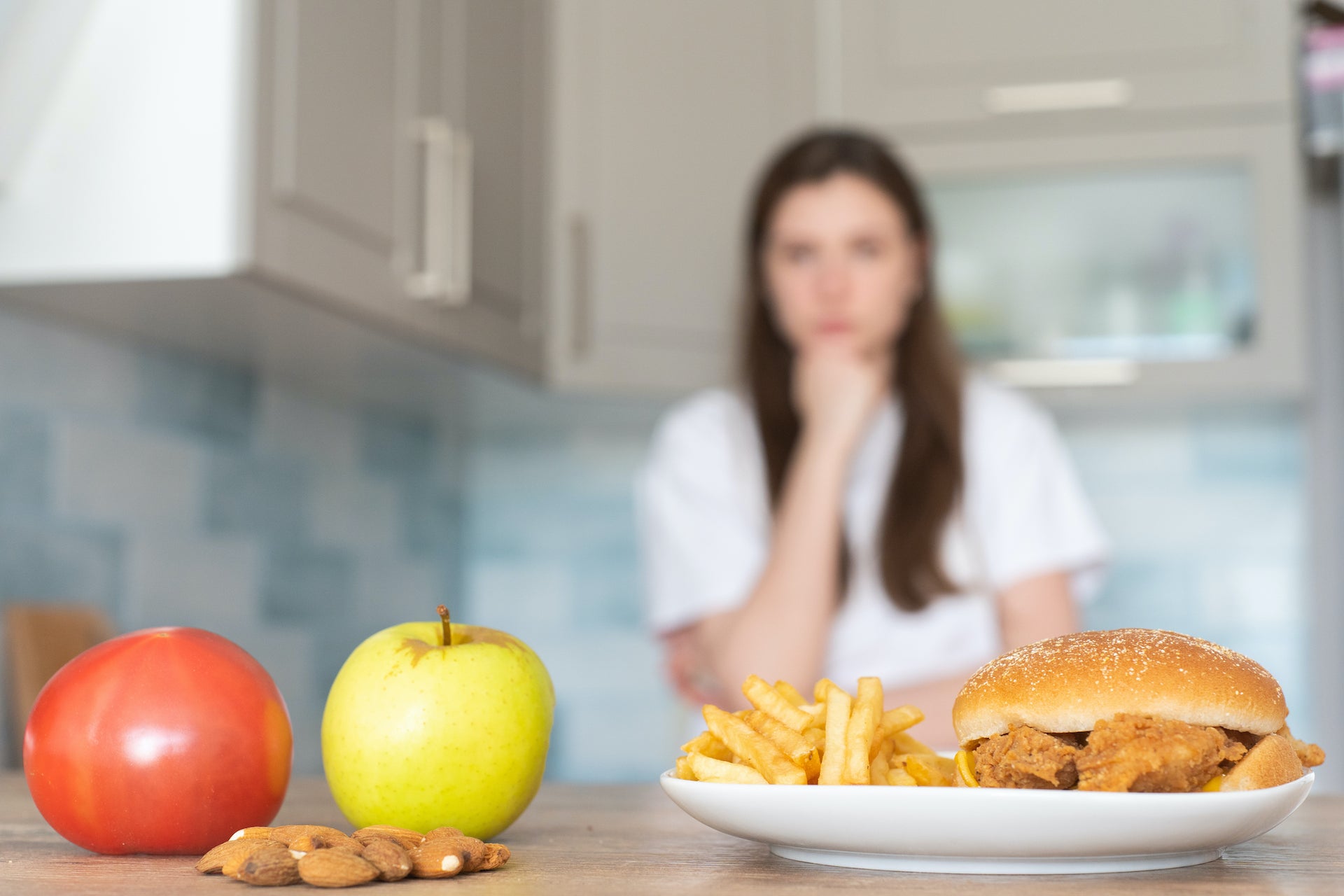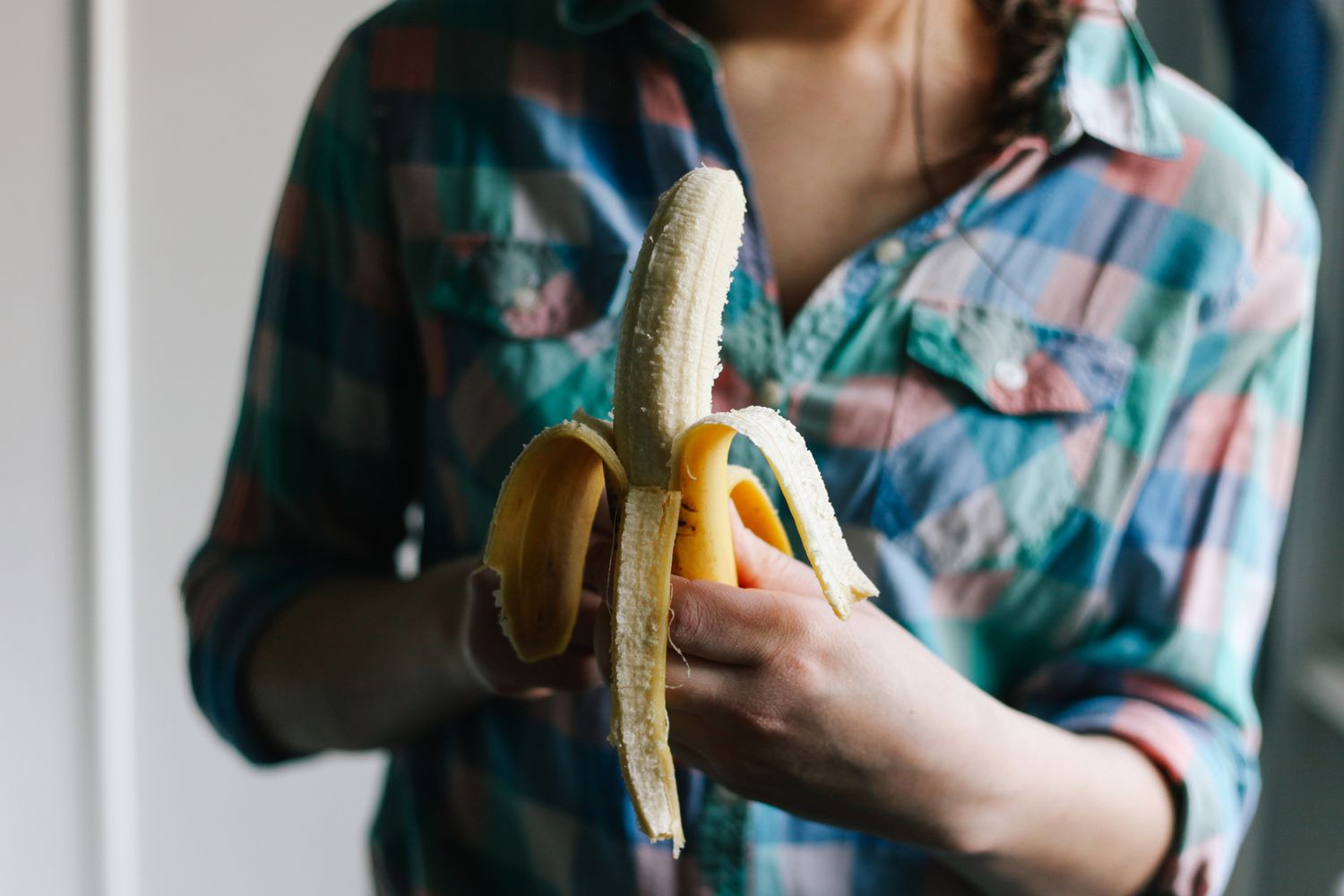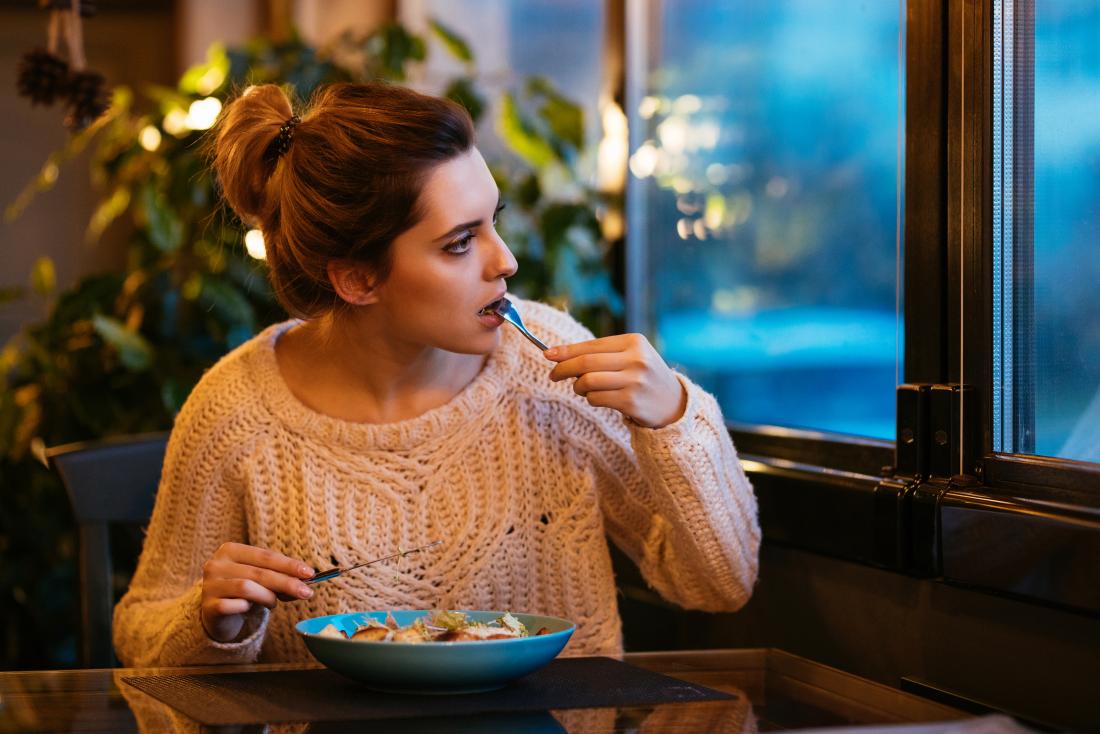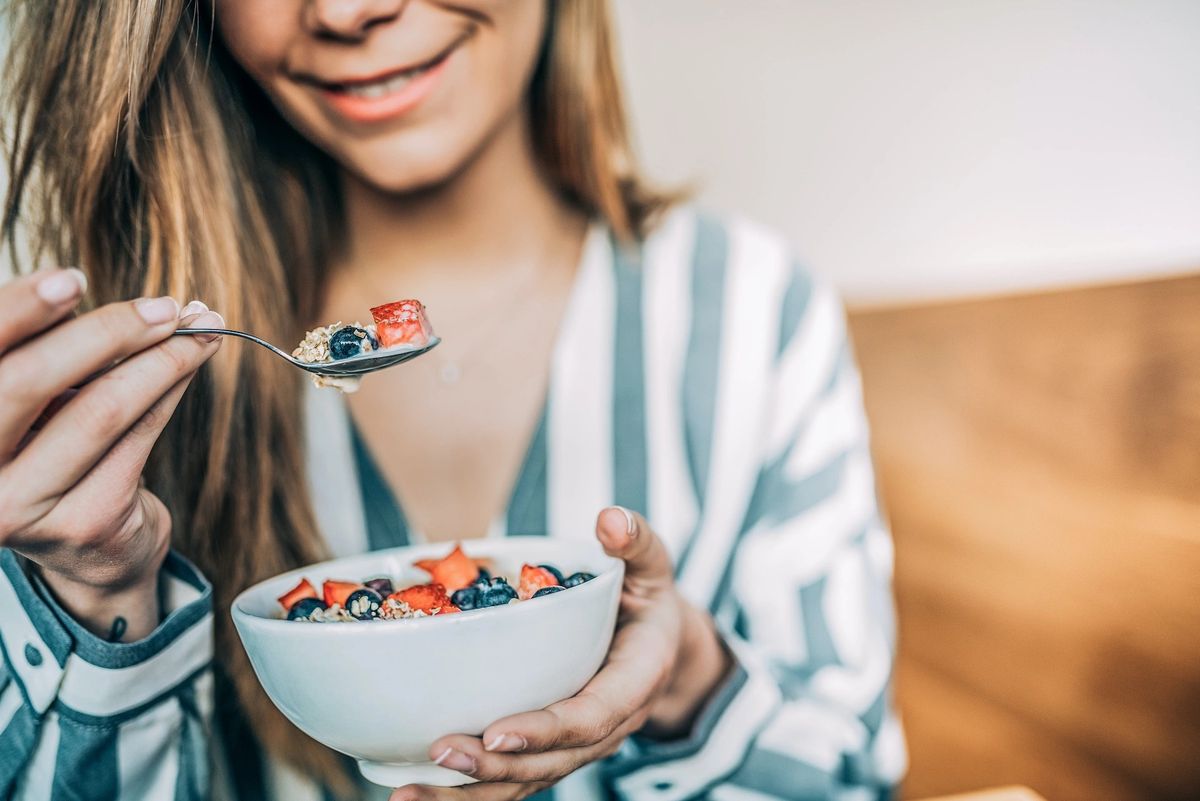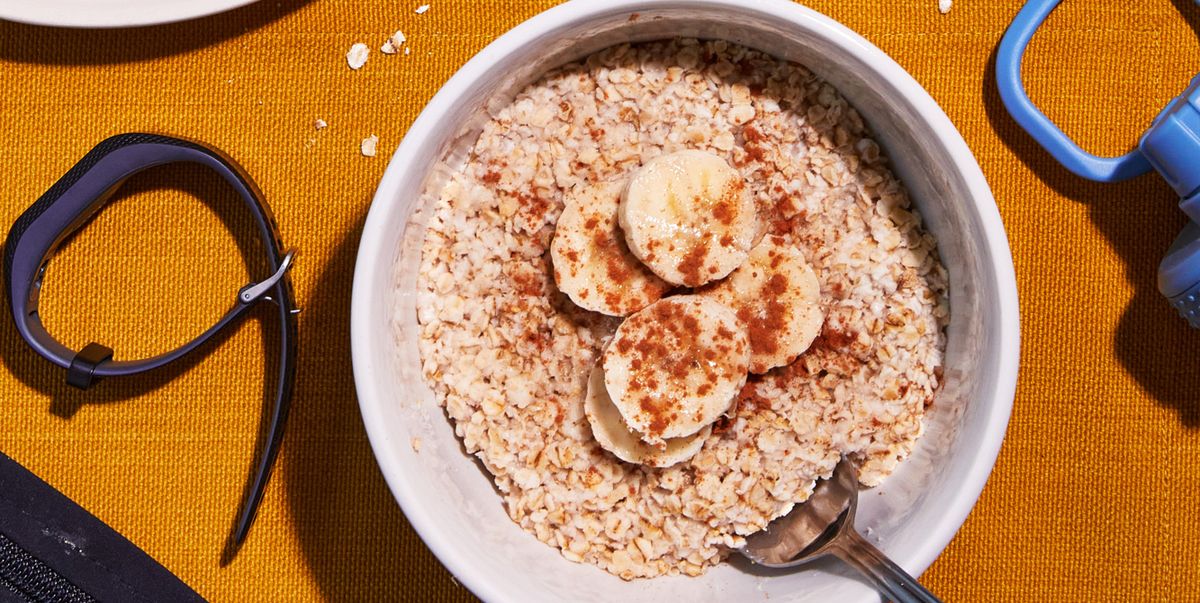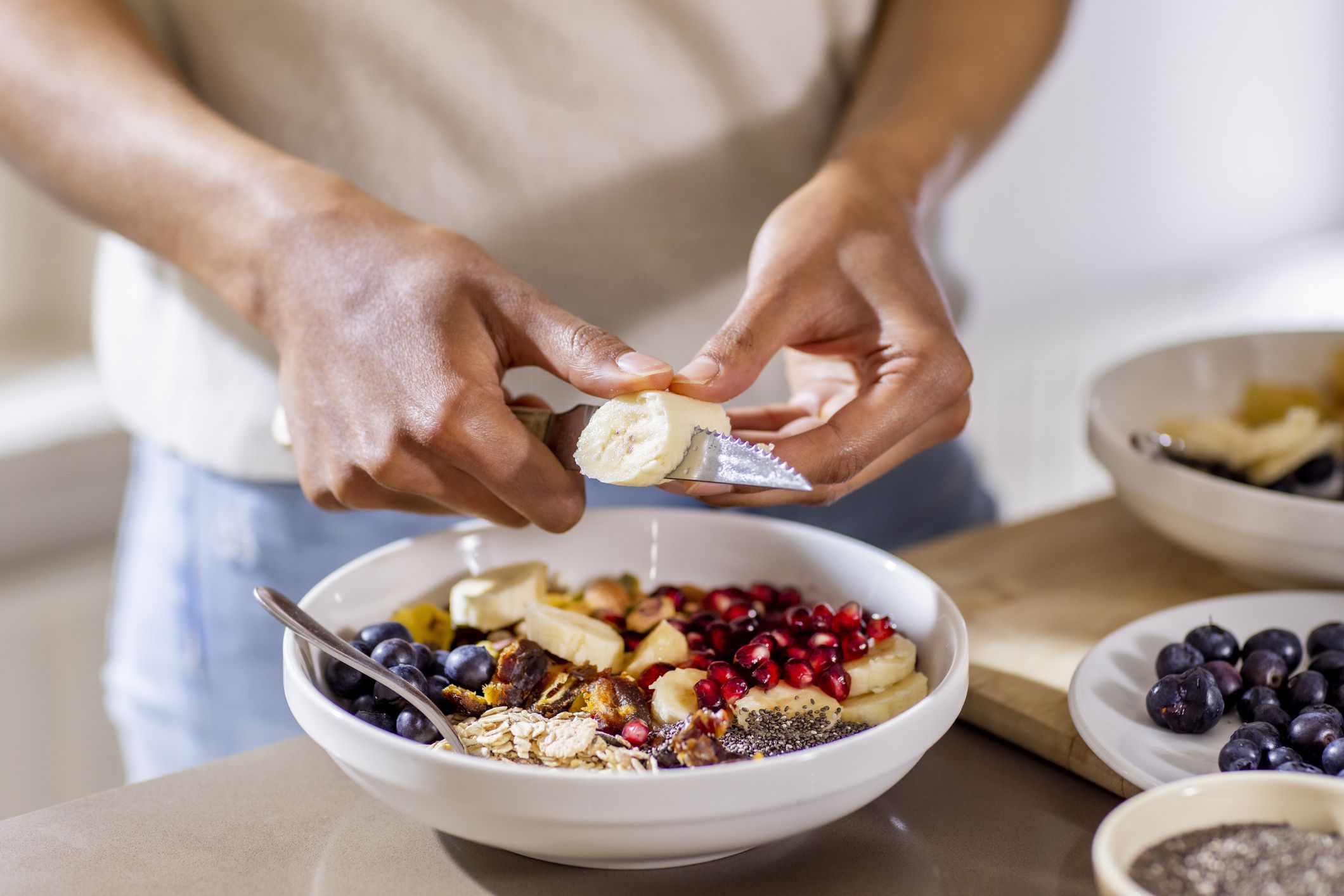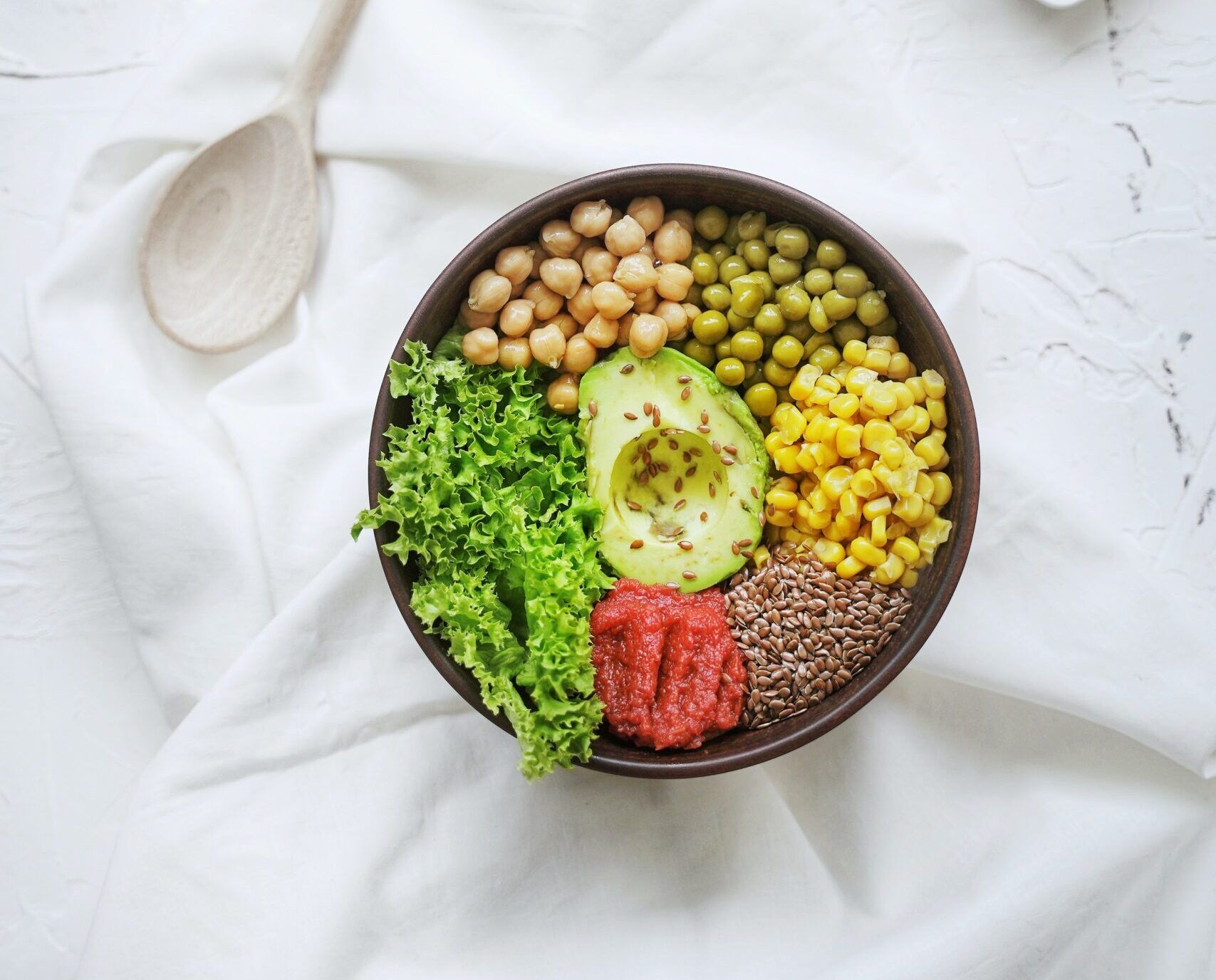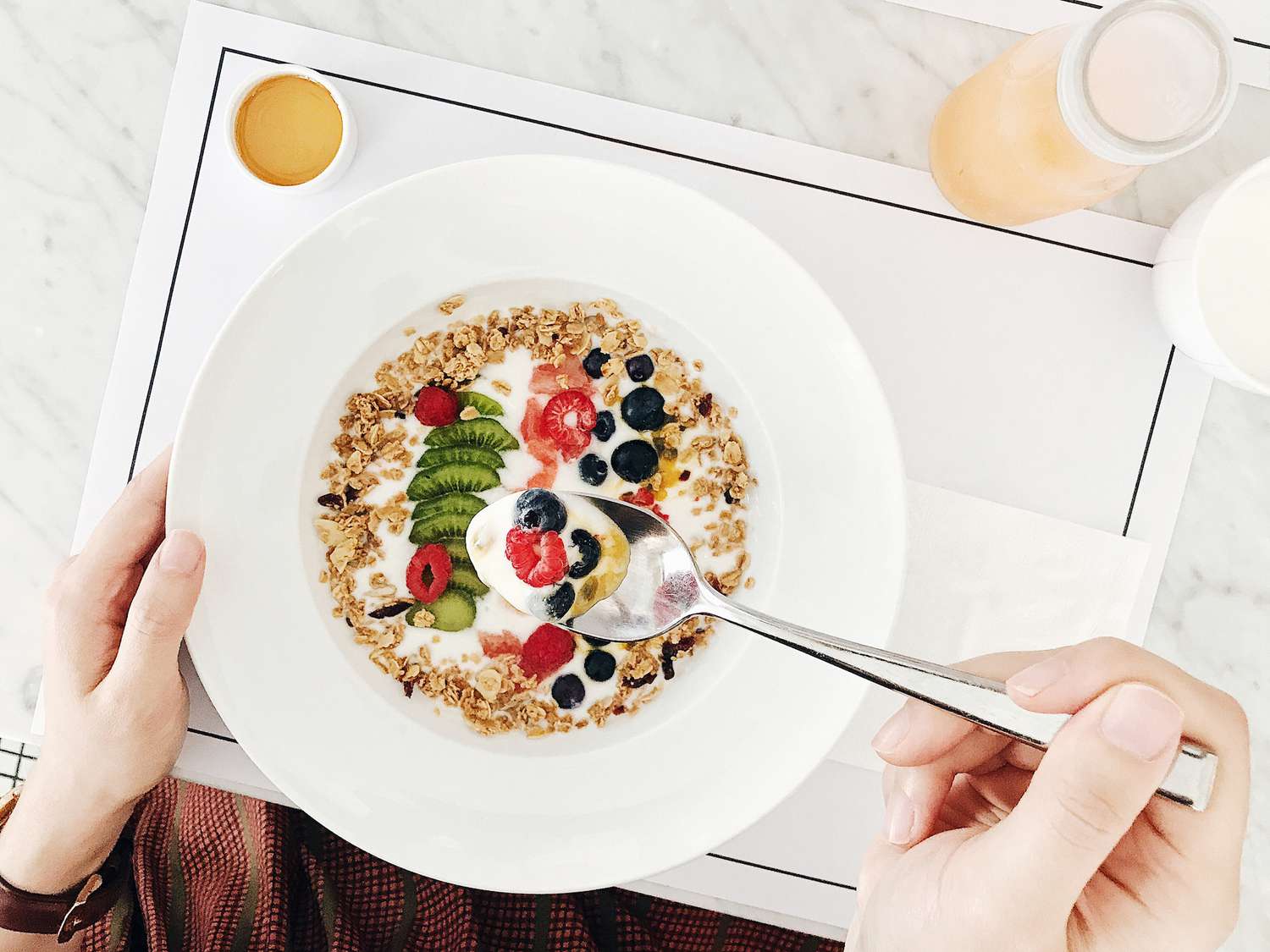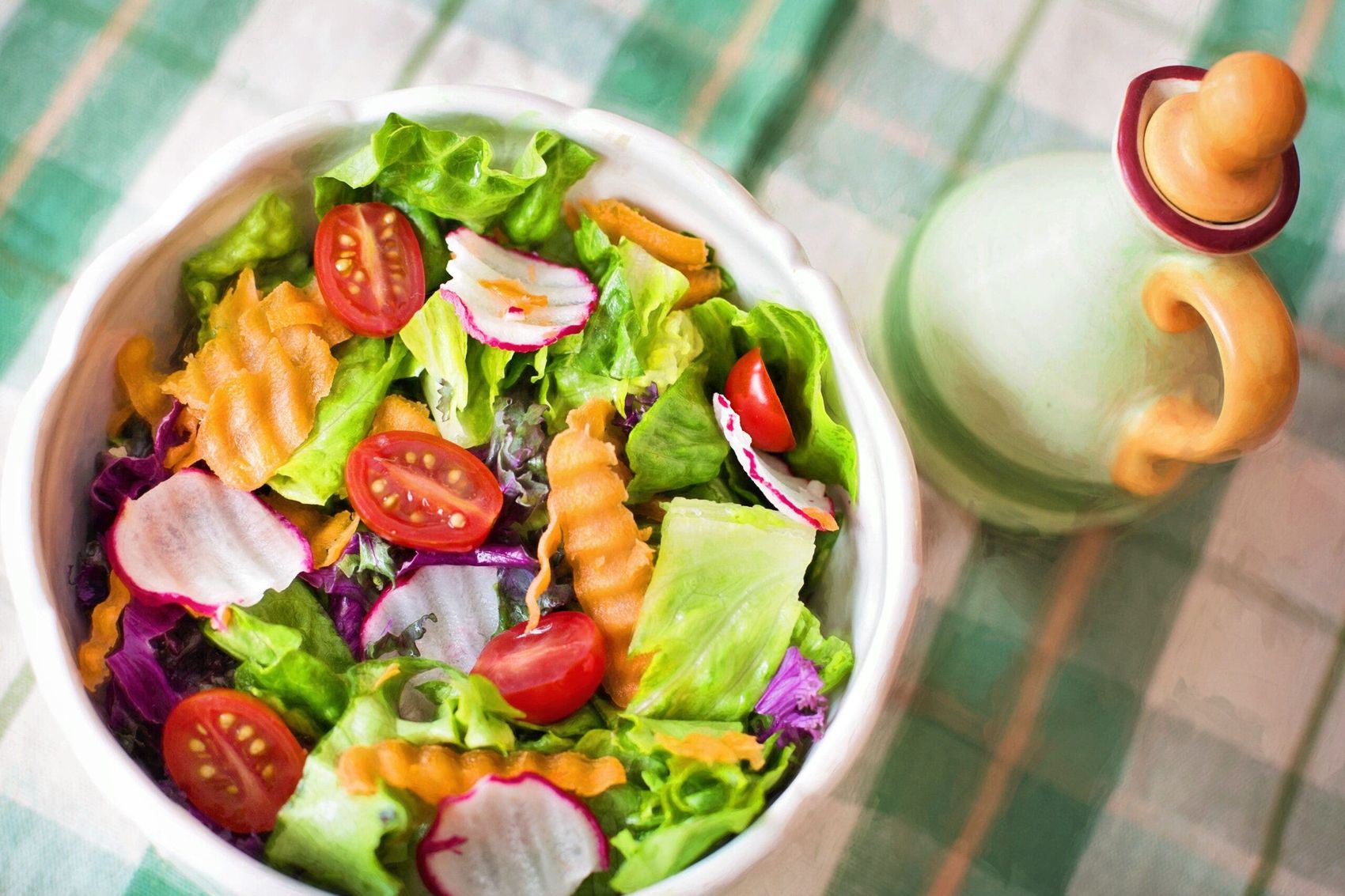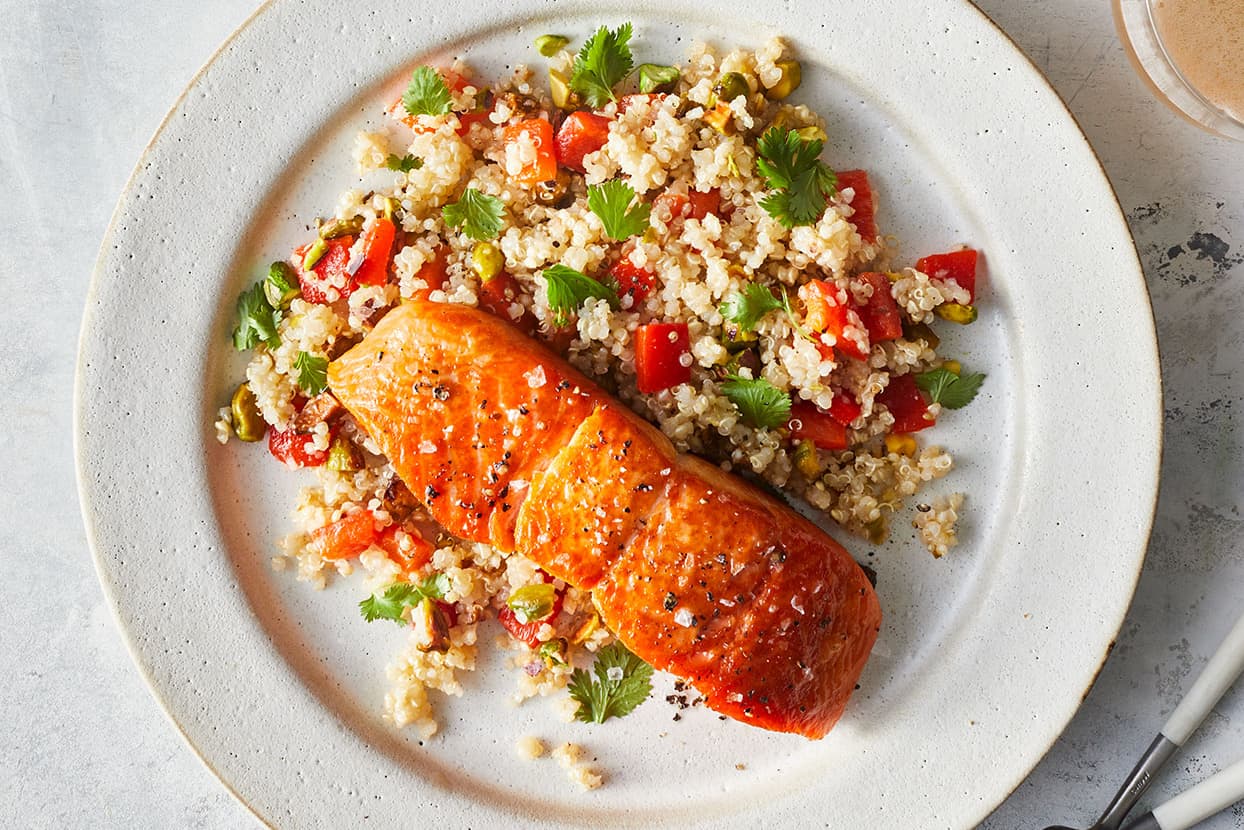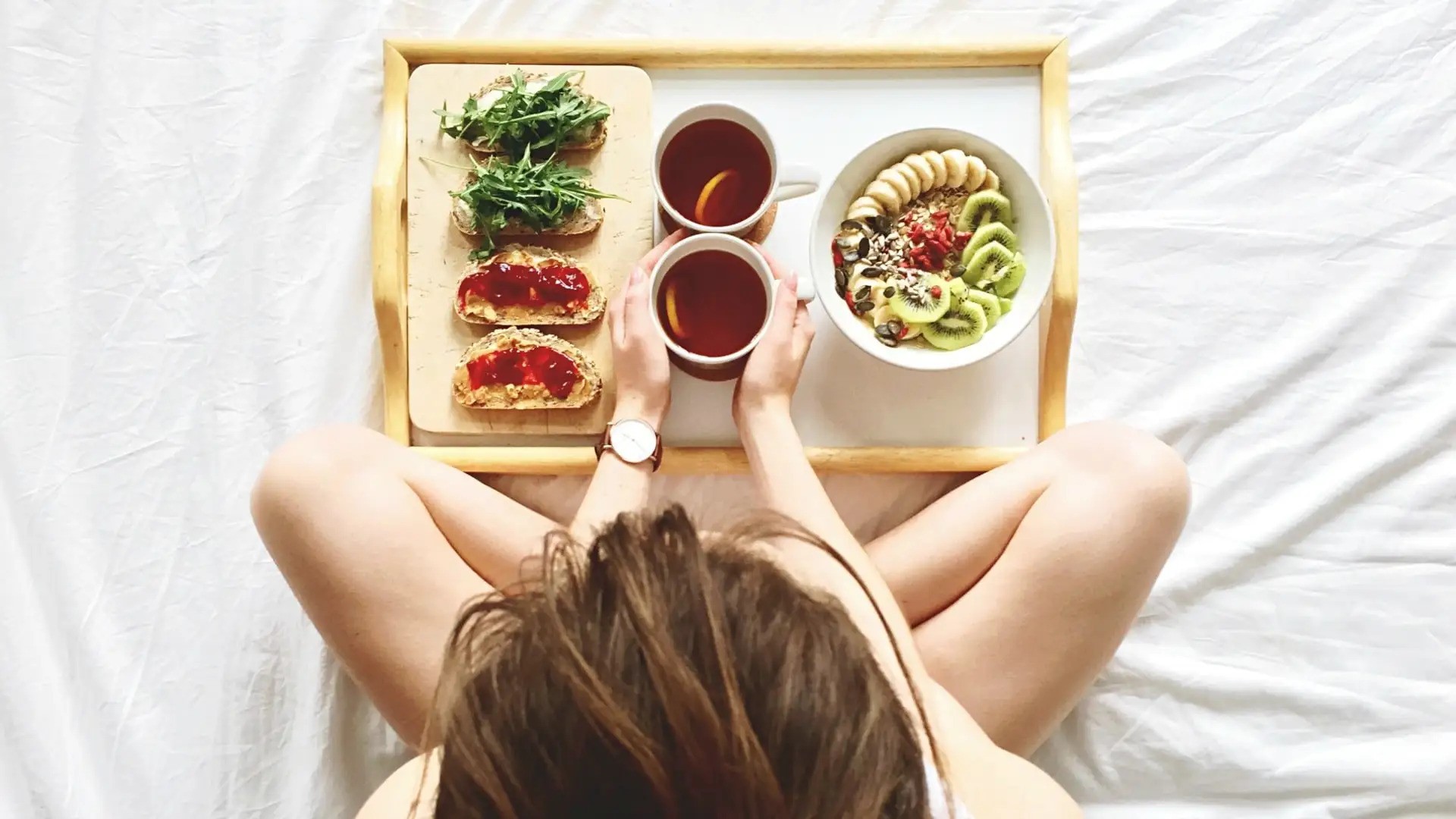How to Enjoy a Bloat-Free Dinner as You Age
As we age, our bodies undergo various changes, and one common issue that many people face is bloating after dinner. This uncomfortable and sometimes painful sensation can be caused by a variety of factors, including slower digestion and changes in metabolism. However, there are several strategies you can implement to help avoid bloating and enjoy a comfortable evening meal.
Choose Your Foods Wisely
When planning your dinner, it’s important to be mindful of the types of foods you consume. Opt for lean proteins such as grilled chicken, fish, or tofu, which are easier for the body to digest. Additionally, incorporating fiber-rich vegetables like spinach, broccoli, and bell peppers can aid in digestion and prevent bloating. Avoid fried and greasy foods, as these can be harder for the body to process and may contribute to bloating.
Watch Your Portions
As we age, our bodies may not require as many calories as they once did. Overeating can lead to discomfort and bloating, so it’s important to be mindful of portion sizes. Consider using smaller plates to help control portion sizes and prevent overeating. Additionally, eating slowly and savoring each bite can help you recognize when you’re full, preventing the discomfort of overeating.
Stay Hydrated
Proper hydration is essential for good digestion and can help prevent bloating. Drinking water throughout the day and with your evening meal can aid in the digestion process and prevent constipation, which can contribute to bloating. However, it’s best to avoid consuming large amounts of liquid during the meal, as this can dilute stomach acid and hinder digestion.
Mindful Eating
Practicing mindful eating can help you enjoy your dinner without experiencing bloating. Chewing your food thoroughly and taking the time to savor each bite can aid in digestion and prevent discomfort. Additionally, being mindful of any food sensitivities or intolerances you may have can help you make informed choices about the foods you consume, reducing the likelihood of bloating.
Limit Gas-Producing Foods
Some foods are known to produce gas in the digestive system, which can lead to bloating. Beans, lentils, and cruciferous vegetables such as cabbage and Brussels sprouts are common culprits. While these foods offer numerous health benefits, consuming them in moderation and being mindful of how your body reacts to them can help prevent bloating.
Conclusion
As we age, it’s important to be mindful of our dietary choices to prevent bloating and discomfort after dinner. By choosing nutrient-dense foods, watching portion sizes, staying hydrated, practicing mindful eating, and being mindful of gas-producing foods, you can enjoy a bloat-free evening meal and promote good digestion as you age.
Remember, it’s essential to listen to your body and make adjustments based on how you feel after meals. By implementing these strategies, you can savor your dinner without the discomfort of bloating, allowing you to fully enjoy your evening and the time spent with loved ones.
